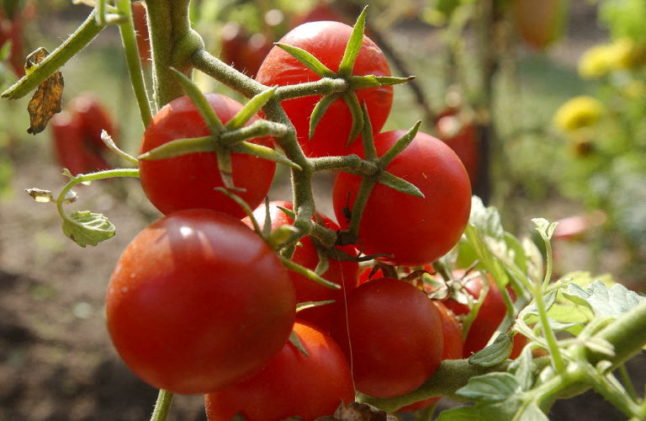Fleur Pellerin, whose portfolio includes promoting overseas investment, told businessmen in Hong Kong the French government had embarked on a campaign to tackle "over-regulation".
"We realised for some companies, (much) time is wasted on filling forms" said Pellerin, who was born in South Korea but adopted as a baby by a French family.
"We are trying to screen all these administrative processes, to make them simpler and easier," said the 39-year-old, who became minister in charge of small and medium enterprises and the digital economy last year.
She said the government aimed to reduce the amount of paperwork that companies need to file.
Companies had been asked to submit the same sets of documents five times every year to different authorities in France, but under new plans they would only have to submit the documents once, she said.
Her remarks came after French businessmen at the talk complained of difficulties doing business back home, comparing it with Hong Kong which they described as fast and efficient, and where there were "no trade unions to prevent growth".
Pellerin said France was hoping to attract more investors from Asia, where growth has remained strong in many countries even as it stagnates in mature markets such as Europe and the United States.
"The fact that I was Asia-born is something that makes it easier for me" in building up a "relationship with the Asian countries," she said.
More than 750 French companies operate in Hong Kong, a major gateway to tap the fast-growing mainland Chinese market, and generate a turnover of €11 billion every year, Pellerin said.
Previously little known in France, Pellerin's personal story has sparked media interest since her appointment.
Born as Kim Jong-Sook in Seoul and reportedly abandoned on the streets as a newborn, she was adopted by a French family at the age of six months.



 Please whitelist us to continue reading.
Please whitelist us to continue reading.
Member comments